[[titleTag|What to consider before giving a blood sample for thyroid tests]]
[[instructionDetailTag|1|Circadian rhythm|The secretion of TSH from the pituitary gland follows a circadian rhythm. The serum levels of TSH increase in the evening, reach their maximum at night and fall to daytime levels at around 9-10 in the morning. Therefore, the difference in concentration can be as much as threefold. It is best to have the test at around 9-12 in the morning. FT4 does not exhibit such rhythmicity. FT3 shows a similar profile to TSH; however, the diurnal change is delayed and the amplitude is lower.|#|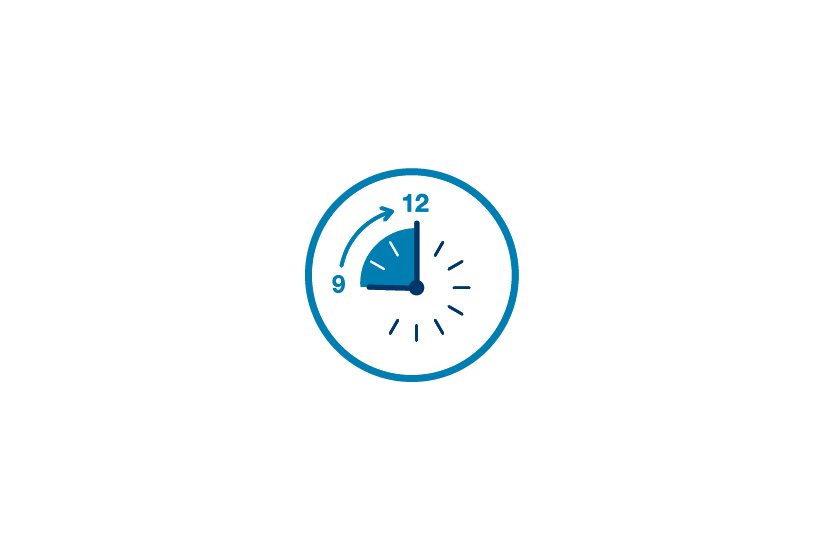 ]]
]]
[[instructionDetailTag|2|Medications|When taking thyroid medications, make sure you leave at least four hours between taking your medication and giving a blood sample. If you wish to test in the morning, you should not take your medication before giving a blood sample. With thyroxine replacement therapy, TSH does not exhibit a circadian rhythm. A blood sample can be given in the evening.|#|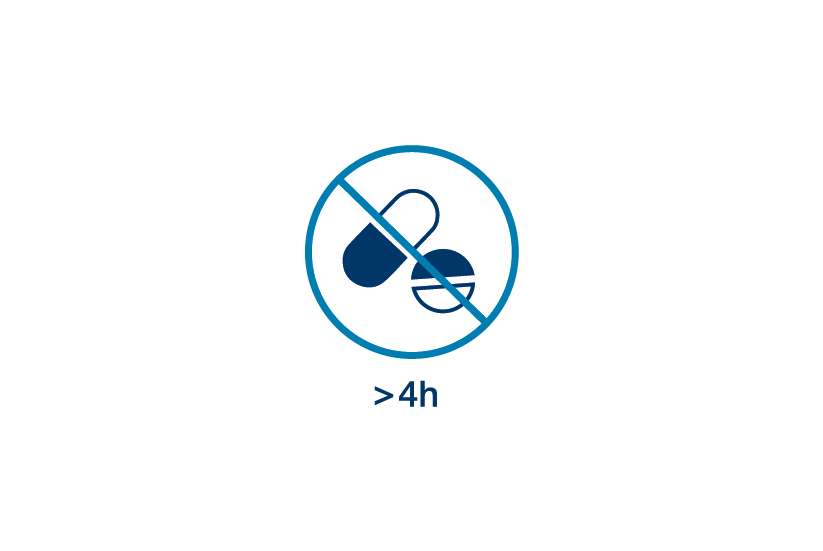 ]]
]]
[[instructionDetailTag|3|Timing of medication administration|The rate of absorption of a medication depends on whether the medication is taken before a meal on an empty stomach or with food. Food may slow down or decrease the absorption of a medication. Make sure you take your medication in the same way every day. For best absorption, take your medication on an empty stomach an hour before breakfast. If you change the way you take your medication, TSH levels need to be checked again to monitor the dynamics.|#|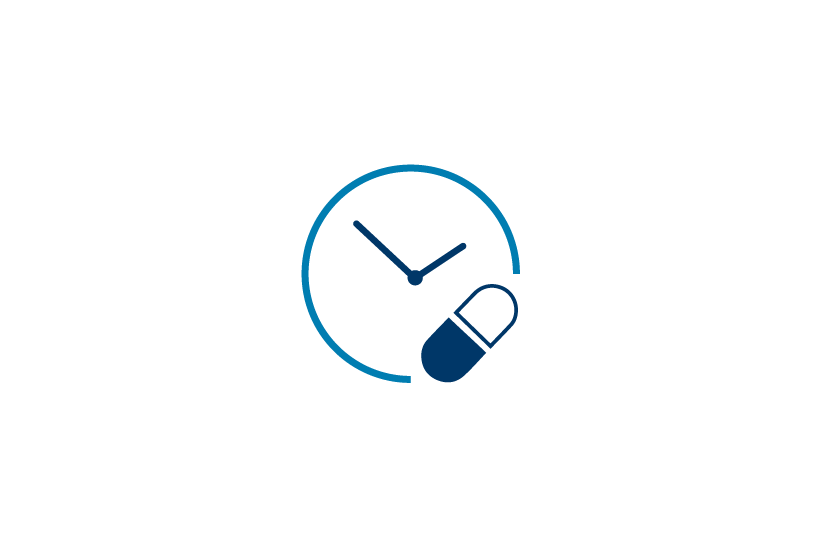 ]]
]]
[[instructionDetailTag|4|Food|Switching to a high-fibre diet affects the absorption of medications (and the amount of TSH in the blood) as the rate of digestion of food in the stomach changes. The absorption of the medication decreases. If you change your diet, you should give a blood sample within 6-8 weeks to make sure that the dose of the medication is adequate.|#|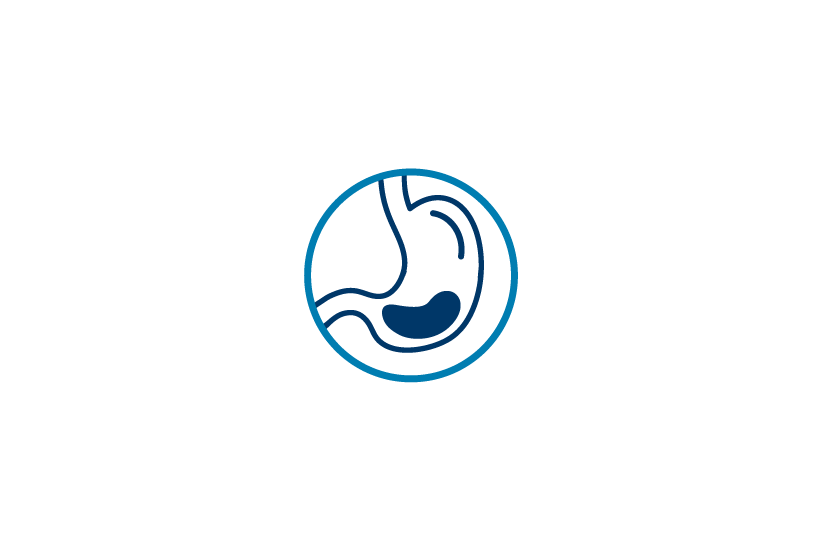 ]]
]]
[[instructionDetailTag|5|Hormones and pregnancy|Oestrogens increase the amount of a certain protein that binds to thyroxine, making it partially inactive. Therefore, hormone replacement therapy and birth control pills may affect the results of thyroid tests – the level of TSH increases. In this case, patients may require higher doses of thyroxine. In early pregnancy, TSH levels rise due to the large amount of oestrogens in the woman’s body. After childbirth, TSH levels drop.|#|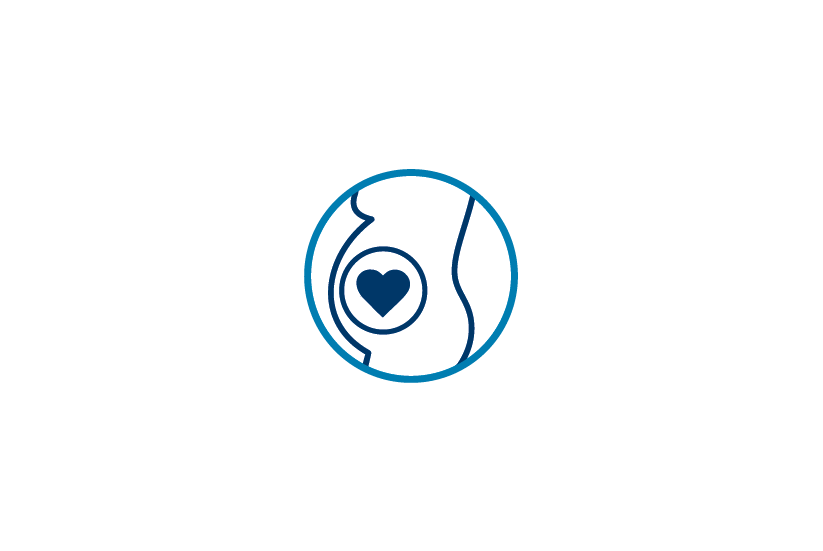 ]]
]]
[[instructionDetailTag|6|Stress and illness|The endocrine system is very sensitive to emotional and physical stress. Severe systemic illness and fasting can cause low TSH levels. A slight increase in TSH can be observed in psychiatric diseases as well as in chronic hepatitis. In severe chronic or acute disease, a single TSH measurement does not accurately reflect the functioning of the endocrine system.|#|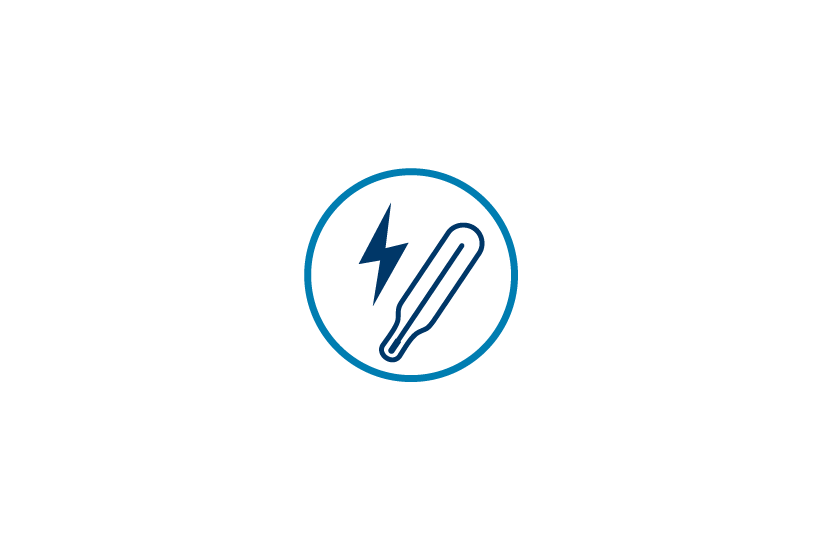 ]]
]]
[[instructionDetailTag|7|Drug interactions|Some medications may decrease the absorption of thyroid medications. Antidepressants reduce the effectiveness of thyroxine replacement therapy and TSH levels may be higher than expected. Cholesterol-lowering medications (Colestrol, Questran, Colestid – active ingredients cholestyramine and colestipol) cause an increase in TSH levels as they bind to thyroid hormones. Corticosteroids (Cortisone, Cortistab, Cortone) lower the level of TSH in the blood. They also block the conversion of T3 to T4. Iron supplements, aluminium hydroxide, calcium, anticonvulsants, rifampicin and lithium also reduce the effect of thyroxine. All of these medications should be taken 4-5 hours before or after thyroxine administration.|#|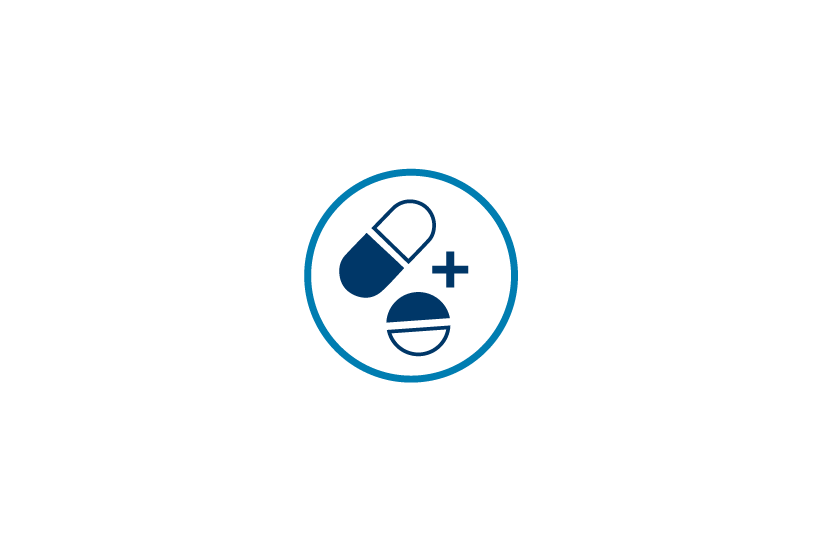 ]]
]]

 Booking for sampling
Booking for sampling
 Panels
Panels
 Single tests
Single tests
 Home tests
Home tests
 Consultations
Consultations
 Gift cards
Gift cards
 SYNLAB Bus
SYNLAB Bus
 Children
Children
